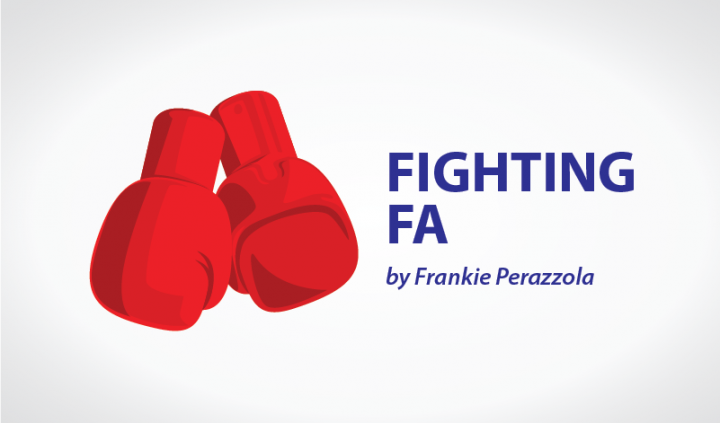10 Lessons I’ve Learned from Having FA
Written by |

It’s funny how cliches about life have started to make sense to me. From my observations of other rare disease communities, I’ve learned that when we reach a certain level of acceptance about our disease we gain a different understanding of life. When expressing myself, I try to use more descriptive language. I use cliches to describe my emotions as they seem to fit every situation I face.
I post updates on Facebook of my experiences, including the epiphanies I’ve had. I’m interested in the phenomenon of social media and how updating your friends seems almost obligatory. A recent post about why cliches exist and how they apply to my own life had a large impact, judging by the volume of messages I received.
The response to the post helped me discover who my audience is. I’m often misunderstood. People think they know everything about me because of how much I share. That makes it tricky when trying to write a relatable column or post because my audience is a mix of fellow Friedreich’s ataxia (FA) patients, their families, people I have grown up with, and those who are unfamiliar with neuromuscular diseases. I felt that this post gave some insight into my soul.
Join our FA forums: an online community especially for patients with Friedreich’s Ataxia.
Following is an extract from the post and the 10 lessons I’ve learned from having FA:
“Having an incurable disease has taught me priceless lessons in life. I wouldn’t trade my diagnosis for the world. It’s crazy how I feel like this is my life’s purpose.”
- I am inspired by any activity that involves movement: dancing, sports, running, and even walking.
- People with FA are expected to deal with an absolutely heartbreaking illness and carry on as “normal.”
- People with FA are some of the strongest people I’ve met.
- It’s a humbling experience to go from being part of a majority grouping to a minority (those with a disability).
- Illness has no preference for age, race, or creed.
- We all need help: some with physical needs, some with mental, and some with both.
- Your mind is stronger than you think.
- Smile and get on with life; there’s no time for pity.
- You don’t have to slow down for anyone. Let others adjust and relearn patience.
- Do whatever makes you happy. Everyone is struggling.
You may find this list to be cheesy or corny, but it makes sense to me. I wish it hadn’t taken an FA diagnosis for me to appreciate my life. There is only so much we can control, but to have this opportunity for self-reflection and awareness is a beautiful thing.
I know saying I’m thankful for what FA has brought me can be misconstrued. But in the words of my friend and fellow FA warrior, Sean Baumstark, “So as much as I hate it when I fall or when I hurt my wrist or when I can feel people looking at me and probably making fun of me — as much as I hate it — I wouldn’t trade it for anything.”
***
Friedreich’s Ataxia News is strictly a news and information website about the disease. It does not provide medical advice, diagnosis or treatment. This content is not intended to be a substitute for professional medical advice, diagnosis, or treatment. Always seek the advice of your physician or another qualified health provider with any questions you may have regarding a medical condition. Never disregard professional medical advice or delay in seeking it because of something you have read on this website.




Leave a comment
Fill in the required fields to post. Your email address will not be published.